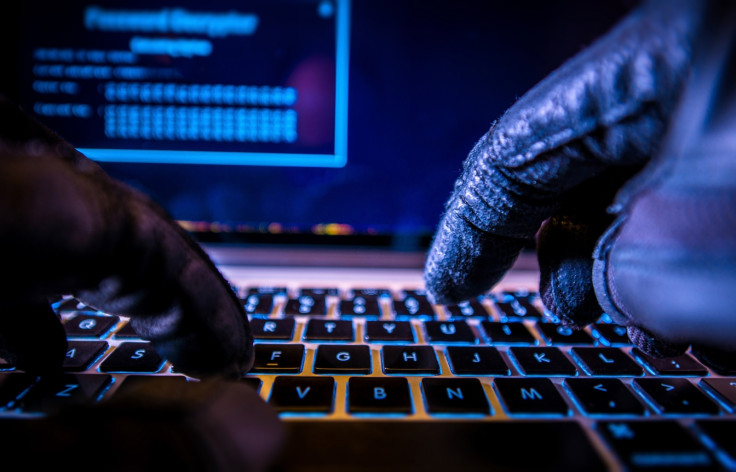Russia attempted to hack Pentagon workers' Twitter accounts using malware-laden messages – report
'What chaos could Moscow unleash with thousands of Twitter handles that spoke in real time,' Time reports.
Russia reportedly tried to gain access to the Twitter accounts of US Defense Department workers using messages laced with malware. According to a report sent to US counterintelligence officials in Washington in March, Russia sent malware-carrying messages, tailored to individuals' interests, to more than 10,000 Defense Department Twitter accounts, Time magazine reports.
These messages included links to stories related to recent sporting or entertainment events, such as the Oscars that had taken place the previous weekend, tempting an unsuspecting user to click on it.
"When clicked, the links took users to a Russian-controlled server that downloaded a program allowing Moscow's hackers to take control of the victim's phone or computer–and Twitter account," Time's report reads. "What chaos could Moscow unleash with thousands of Twitter handles that spoke in real time with the authority of the armed forces of the United States?"
"At any given moment, perhaps during a natural disaster or a terrorist attack, Pentagon Twitter accounts might send out false information. As each tweet corroborated another, and covert Russian agents amplified the messages even further afield, the result could be panic and confusion."
It is not clear if any Pentagon accounts were compromised in the attempted cyberattacks. Time's report indicates that these hacking efforts took place after the 2016 presidential election in November.
Facebook recently admitted that coordinated campaigns did use its platform to spread fake news and misinformation in an attempt to sway political opinion and "achieve a strategic and/or political outcome". The social media company did not name any specific country or the suspected actors behind these "information operations".
However, it did note that its findings did "not contradict" the US Director of National Intelligence report that was released in January.
The 25-page intelligence report accused Russian President Vladimir Putin of orchestrating a complex, multi-faceted "influence campaign" to undermine American democracy, damage Hillary Clinton's campaign and help Donald Trump win the election.
Congressional committees and the FBI are currently investigating Russia's alleged meddling in the election and possible links between Moscow and President Trump's campaign.

The US intelligence report also warned that Russia could apply lessons learned in the US election to influence its efforts across the globe, including the election processes of key US allies.
In the recent French presidential election, a 9GB trove of emails and documents from Emmanuel Macron's campaign was posted online just days before his victory over far-right candidate Marine Le Pen.
Some security experts have linked the "massive and coordinated" hacking attack to the Russia-linked hacker group Fancy Bear, also known as APT28. The group has been previously tied to the DNC hack in the US election.
The Kremlin, however, has denied the allegations and any involvement in these cyberattacks.
Rand Waltzman, a former researcher at the Defense Advanced Projects Research Agency (DARPA) and current senior information scientist at RAND Corporation, told Time: "Using these technologies, it is possible to undermine democratic government, and it's becoming easier every day."
© Copyright IBTimes 2025. All rights reserved.





















